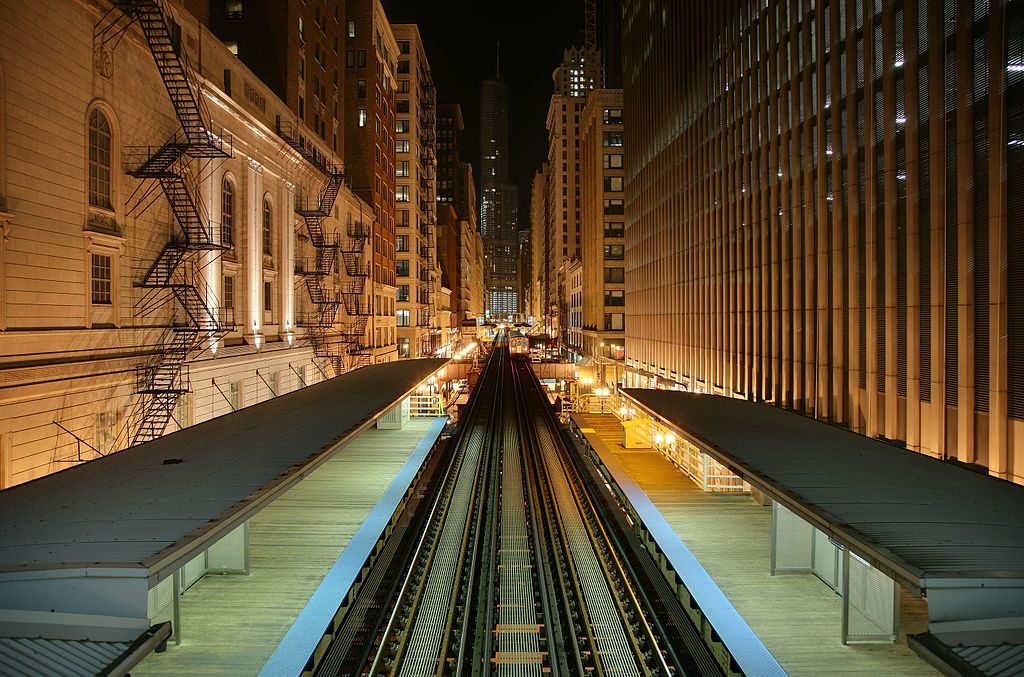
There is a Jeni’s Ice Cream shop coming to my neighborhood.
When I discovered this, I screamed — for ice cream. If you know Jeni’s ice cream and live in my neighborhood or near it, you’re also screaming. It’s terrifying, all these screaming people, but it’s not like we’re screaming because we’re being chased by an axe murder or anything. We’re screaming for Sweet Cream Biscuits & Peach Jam, and Salted Peanut Butter With Chocolate Flecks, and Gooey Butter Cake, and Brown Butter Almond Brittle. There are others, and great tubs of them will soon arrive in the Gold Coast and I will commune with them.
This is not a sponsored post. In fact, it is I who pay Jeni’s Ice Cream for their goods and services. It doesn’t seem fair to pay a company lots of money (their product is not cheap) and then give them free marketing on top of it. But, since the ice cream-delivered dopamine hits I’ve enjoyed over the years have been made possible because of Jeni’s product, I suppose I owe them. For cold spoonfuls of Atlantic Beach Pie, Mexican Chocolate, Buttercream Birthday Cake, and Skillet Cinnamon Bun, I give, and give, and give, apparently. Pathetic!
Recently, Eric and I caught a matinee at the AMC on Ohio Street just off Michigan Avenue. When the movie got out, we walked north, toward home. Our route from the theater takes us past Connors Park, a tiny patch of land at the intersection of Rush, Wabash, and Chestnut Streets, and this was the location of my discovery. I know I’m giving you lots of street names, but I want to remember every detail, to mentally return to the scene of my future ice cream crimes.
And setting the scene is important because Jeni’s could open a shop in a ditch or serve customers through a subway grate and I’d still be happy about it, as long as that subway grate were 10 minutes from my home. But the decision to operate out of Connors Park? It makes this whole thing extra awesome.
I didn’t know that the tiny patch of land at the above intersection was considered a park; I thought it was just a very large curb. Indeed, the triangle-shaped island that is Connors Park comprises just .34 acres, bounded on all sides by a line of narrow shrubs. There’s an oak tree, three or-so benches, and birdbath-sized fountain, which is all that can fit around the biggest feature of Connors Park, a low, rectangular-shaped glass building plopped right in the center. I’ve always loved that building. It looks like a greenhouse. It was an Argo Tea for the longest time and I fondly recall several afternoons there, writing in my journal as the autumn leaves sifted down past the windows all around me. But the Argo Tea closed years ago — even before the pandemic — and the greenhouse sat empty.
Until now.
Eric was saying something to me when I saw the banner hanging on the building. The banner showed pictures of Jeni’s Ice Cream and the words “Coming Soon!”
I stopped dead in my tracks. I clutched my husband and raised a trembling finger to point at the sign.
“Eric. Look!”
My husband makes noise about not liking sweets — “I’m a savory person” — but he is weak in the presence of Jeni’s Ice Cream. Most people are His favorites are Brambleberry Crisp and Buttercream Birthday Cake. My favorites are, in no particular order: Pistachio Honey, Atlantic Beach Pie, Mexican Chocolate, Green Mint Chip, Pineapple Upside-Down Cake, Salty Caramel, Cream Puff, and Savannah Buttermint.
I’m serious, those are my favorites. All of them are my favorite-favorites. I will say that Cream Puff is my main favorite right now but that’s only because Pistachio Honey, the first Jeni’s flavor I ever had, is no longer available for some demonic, cruel reason. You always remember your first, you know?
Anyway, soon there will be a Jeni’s near our apartment. It’s the best news I’ve heard all month and I just wanted to share the news — but keep your hands off my ice cream.*
*I hate this cheesy ending but I have to get back to work … eating my ice cream. I hate that ending even more. I hate it more than I hate it when my Jeni’s ice cream is gone. Help. I’m stuck in a bad ending loop. Maybe Jeni’s will open a location in the Loop.

